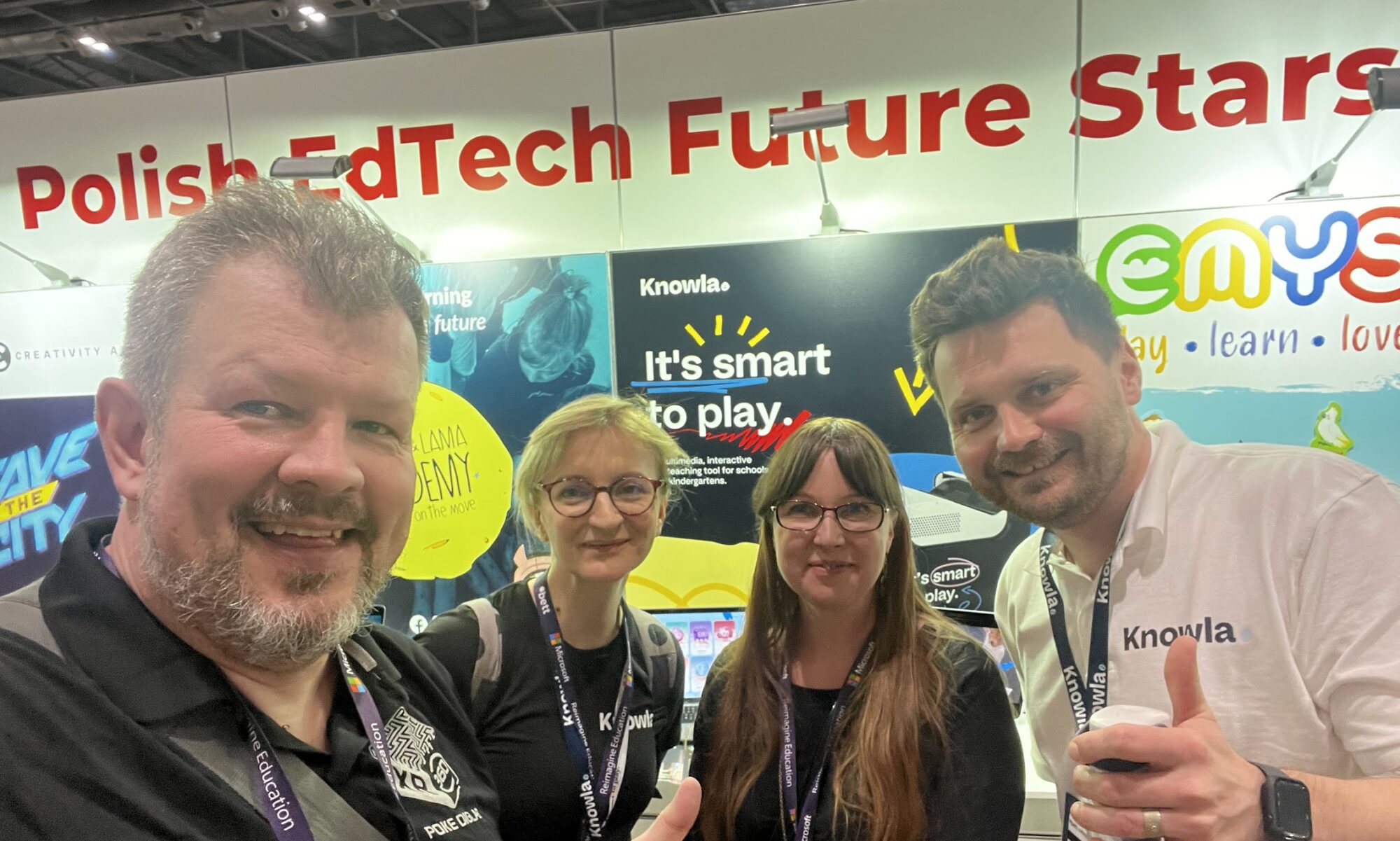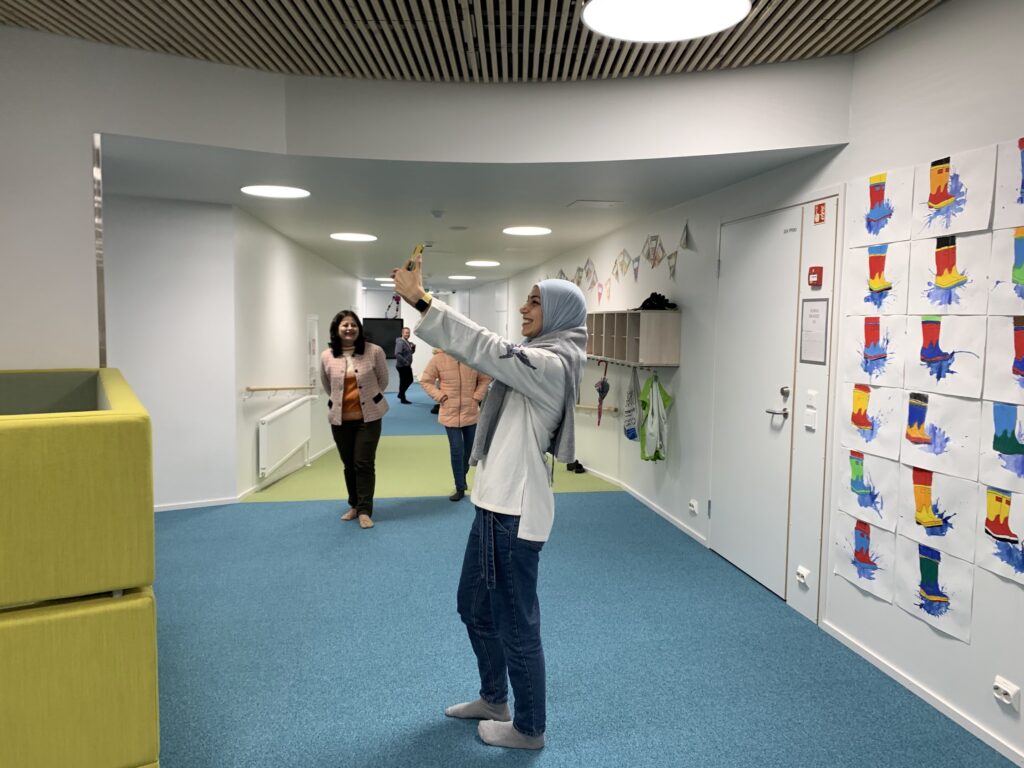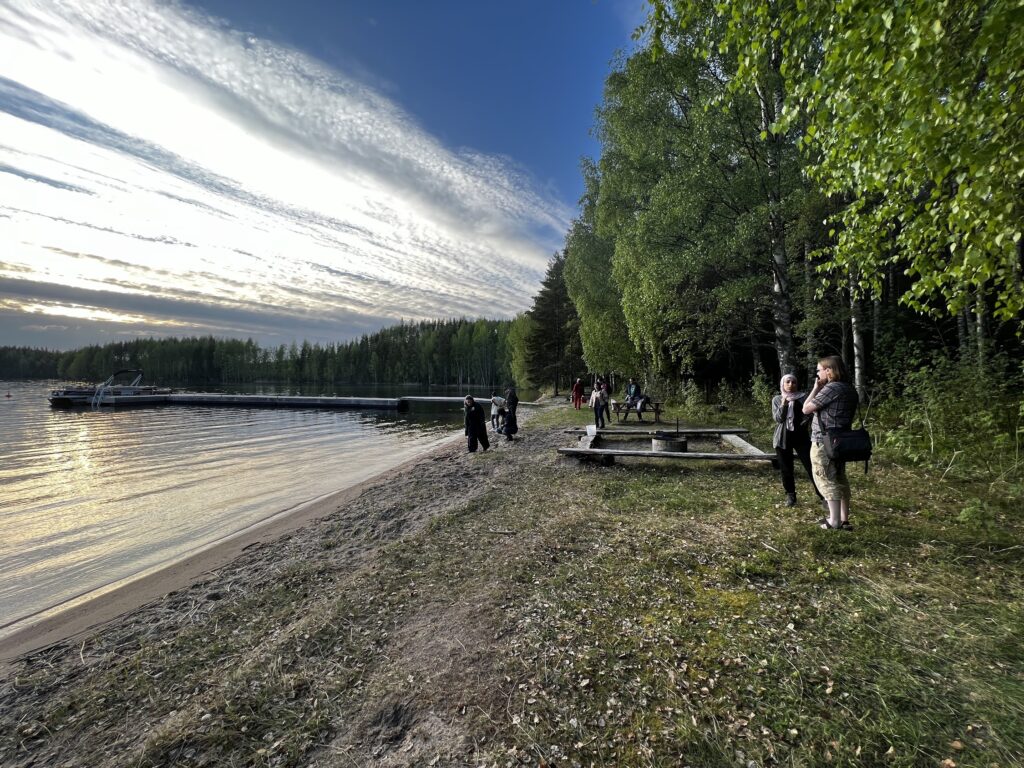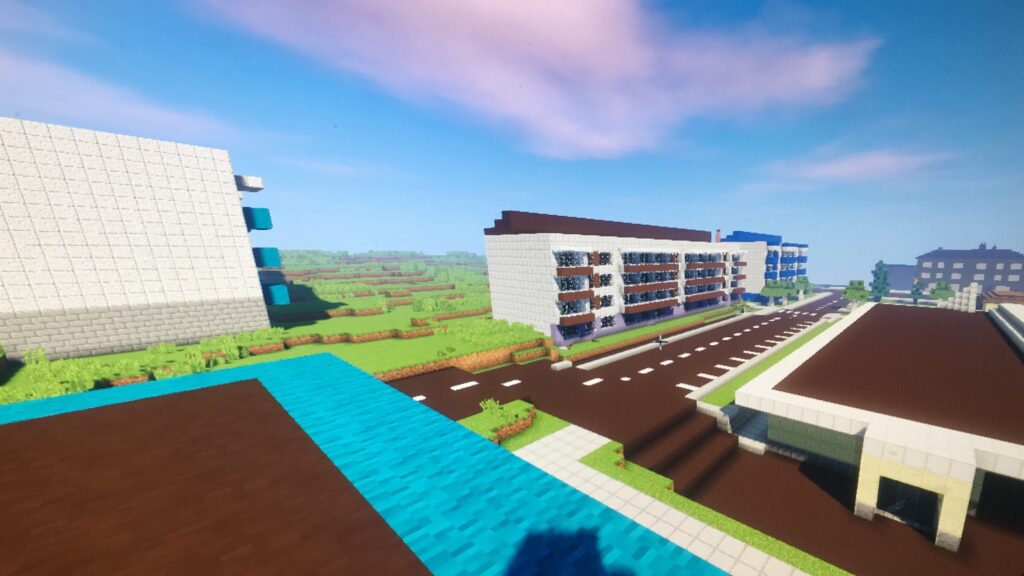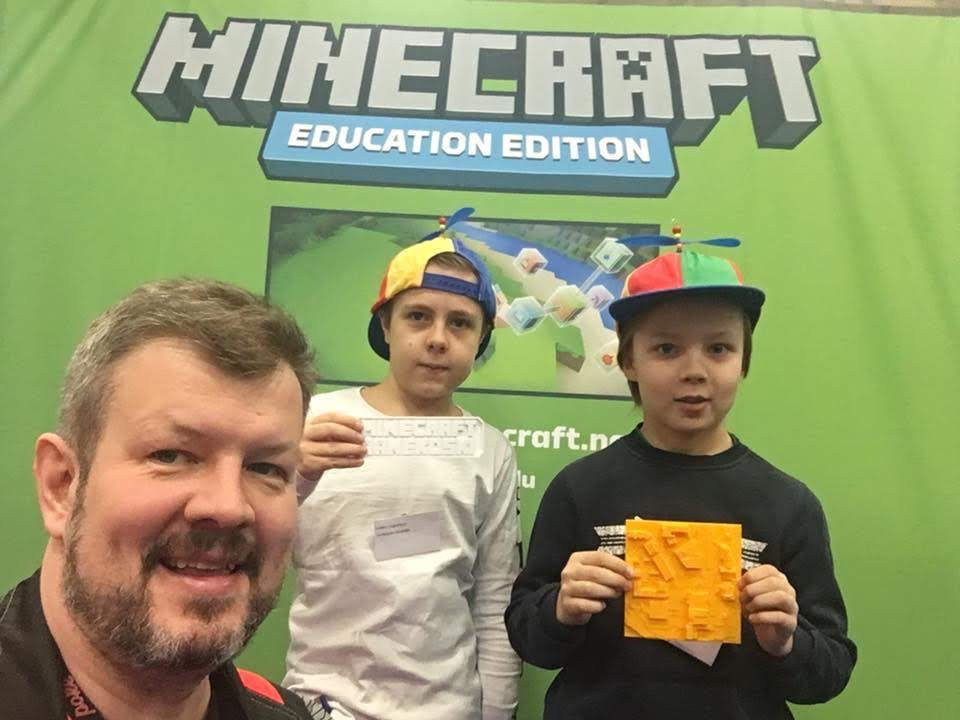Empowering Creativity and Innovation:
In today’s fast-changing world, creativity and innovation are the keys to building thriving communities and resilient economies. At Digilab, we’ve created a space where emerging technologies meet local needs, inspiring new ideas and tangible solutions that benefit not just individuals but the entire region.
But here’s the best part: the Digilab concept isn’t limited to one location. It’s a flexible, scalable model that can be implemented anywhere it’s needed—from rural areas to urban centers, in educational institutions or community-driven hubs.
The core idea is simple: give people access to tools, technology, and support, and empower them to experiment, collaborate, and create. This approach has already shown incredible potential to strengthen local economies, and it can be replicated elsewhere to achieve similar results.
1. Technology as a Tool for Local Solutions
In Digilab, we focus on practical applications of emerging technologies—such as drones, 3D scanning, virtual reality, and AI—to address challenges specific to our local context. These solutions are not just for tech companies; they are valuable for traditional industries like forestry, real estate, tourism, and manufacturing.
Imagine this in your community:
- Drones mapping natural landscapes or monitoring infrastructure.
- 360-degree virtual tours boosting tourism and showcasing local attractions.
- AI tools helping small businesses analyze customer data and optimize operations.
These solutions can be adapted and applied anywhere, creating new opportunities while solving real-world challenges.
2. A Hub for Local Businesses and Startups
One of Digilab’s biggest strengths is its ability to bring together local entrepreneurs and business leaders to explore how technology can help them innovate and grow. This collaboration results in more efficient business operations, new service models, and creative marketing strategies that enhance competitiveness.
The concept can be implemented in other communities to create innovation hubs, giving businesses a space to test ideas, pilot new technologies, and receive expert support.
3. Future Skills for a Future Workforce
The future of work is driven by technology, and Digilab focuses on developing skills that meet future demands. Through workshops, training sessions, and hands-on projects, students and professionals learn how to use tools like virtual reality, drone technology, and AI.
Any region can replicate this skills development model, connecting education with local industries to ensure the workforce is prepared for the jobs of tomorrow—wherever those jobs may be.
4. A Platform for Collaboration and Innovation
Digilab isn’t just about technology; it’s about building a culture of collaboration and creativity. It creates an environment where students, educators, business leaders, and public sector actors can come together to co-create solutions.
This collaborative approach can be easily implemented in other areas, helping stimulate local innovation ecosystems and create sustainable growth.
5. Scalable and Adaptable to Any Context
The beauty of the Digilab concept is its scalability and adaptability. It can start small—perhaps as a dedicated room in a local school or community center—and grow into a regional hub over time.
- Rural areas can focus on technologies that support agriculture, sustainability, and local tourism.
- Urban centers might emphasize creative industries, startup incubators, and advanced tech training.
The possibilities are endless. Each community can shape its own version of Digilab based on local needs and priorities.
Building the Future—Anywhere, Together
Digilab proves that technology and creativity can transform communities. More importantly, it’s a model that anyone can adopt and adapt. By implementing similar initiatives elsewhere, we can build stronger, more connected, and more innovative communities—whether in a bustling city or a quiet rural area.
The future doesn’t belong to a few select regions or industries. It belongs to those who are willing to experiment, create, and collaborate. With the Digilab model, that future is within reach for everyone.
Let’s share this idea, grow it, and bring it to where it’s needed most. The possibilities are limitless.
